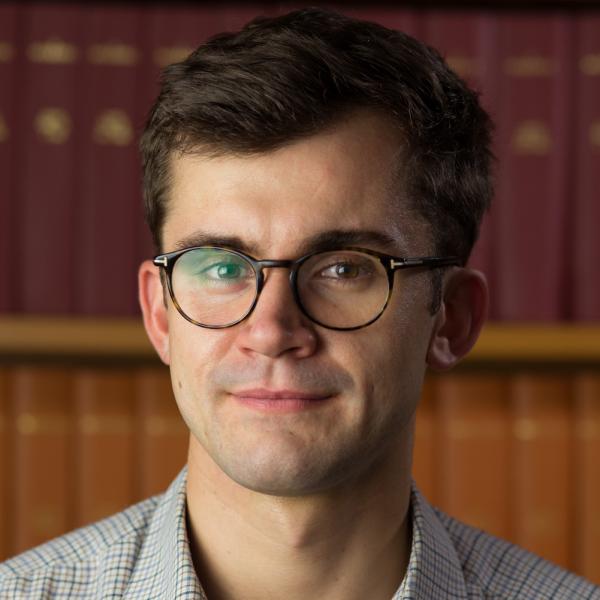
Our congratulations go to Unit D.Phil. student Luke Bryden for successfully defending his doctoral thesis, entitled “A functional characterisation of retrorubral field dopaminergic neurons”, in his viva voce examination on 24th June 2021.
Luke’s viva examiners were Professor John Reynolds (University of Otago, New Zealand) and Professor Stephanie Cragg (University of Oxford). The viva took place remotely via digital conferencing.
Luke was supervised by Professor Peter Magill (MRC BNDU), Dr Paul Dodson (Associate Member of MRC BNDU), and Associate Professor Mark Walton (Experimental Psychology).
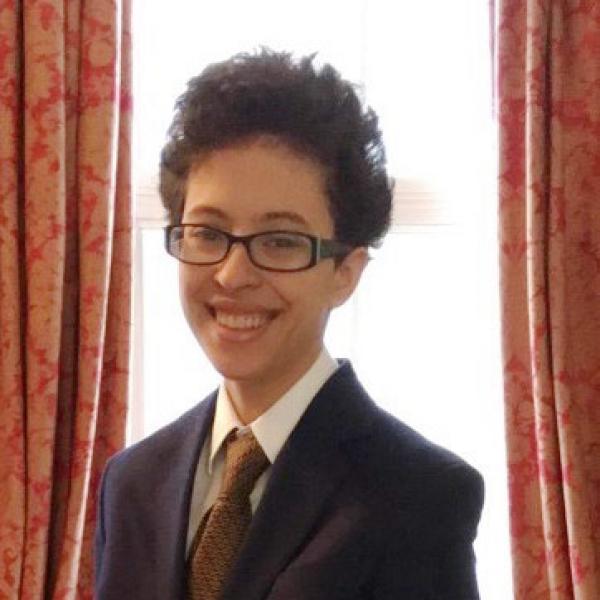
We are pleased to welcome Cal Shearer to the Unit as a visiting student.
Cal is currently pursuing a 1+3 M.Sc. and D.Phil. in Neuroscience at the University of Oxford, where she is funded by the Department of Experimental Psychology. As part of her M.Sc. programme, Cal joins the Dupret Group for the summer and will investigate hippocampal neuronal dynamics during a memory task in mice under the supervision of Dr Helen Barron.
Cal originally studied Psychology and Linguistics at the University of Oxford. For an undergraduate research project, Cal used electroencephalography to investigate the neural signatures of flexible categorisation in humans, supervised by Professor Mark Stokes and Dr Nicholas Meyers. As part of a previous M.Sc. project, Cal worked with Professor Chris Summerfield on modelling the geometry of neural network representations formed during a multi-context categorisation task.
Working with Helen in the Unit, Cal will now learn mouse hippocampal network physiology using a combination of multichannel extracellular recordings and calcium imaging.
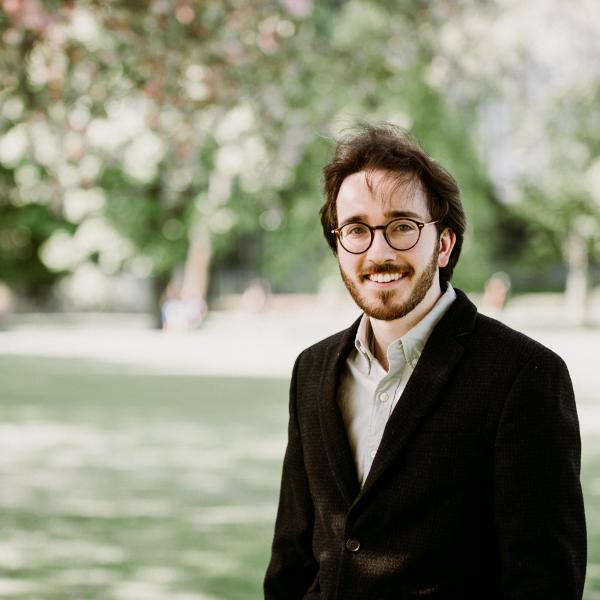
We are pleased to welcome Dr Beren Millidge to the Unit as a Postdoctoral Research Scientist in the Bogacz Group.
Beren's overarching research goal is to merge the fields of machine learning and neuroscience to try to understand how intelligence functions in brains and (eventually) in machines as well. He is especially focused on understanding questions of choice and action selection, and inference in the brain, with a focus on exploration, as well as how the cortex can perform long-term credit assignment as deep artificial neural networks do.

We are pleased to welcome Dr. Alekhya Mandali to the Unit as a Postdoctoral Neuroscientist in the Cagnan Group.
Alekhya completed her doctoral training in computational neuroscience in 2017 at the Indian Institute of Technology, India, where she worked under the joint supervision of Professor Srinivasa Chakravarthy and Professor Asha Kishore. Alekhya is interested in developing precise neuro-modulatory protocols that focus on improving cognition in people with neuropsychiatric disorders. Specifically, she aims to integrate predictions from computational models to design and test experimental paradigms. In 2017, Alekhya joined Dr Valerie Voon's lab at the University of Cambridge, where she developed stimulation protocols to study neural activity and modify behaviours. These behaviours included conflict-uncertainty based decision making and affective processing in healthy participants and people with Parkinson's disease.
Here in the Unit, Alekhya will work on combining invasive and non-invasive stimulation methods to develop closed-loop protocols that are subject-specific, with the aim of modulating behaviours driven by the cortico-basal ganglia network.
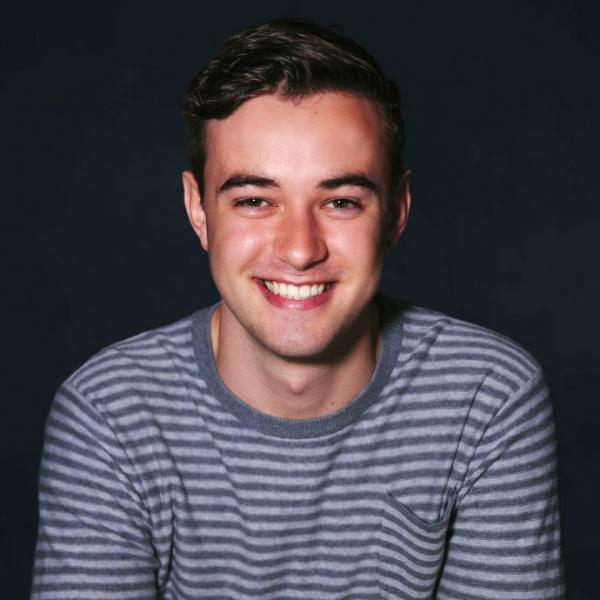
We are pleased to welcome Dr John Fleming to the Unit as a Postdoctoral Research Assistant in the Denison Group.
John received his Ph.D. in Electronic Engineering from University College Dublin, Ireland, in 2021. John’s doctoral research focused on the development of closed-loop control strategies for deep brain stimulation to treat motor symptoms of Parkinson’s disease. His work aimed to develop novel methods for suppressing pathological disease symptoms, whilst preventing potential side-effects which may be caused due to stimulation. To test his approaches, John developed a computational model of the parkinsonian central and peripheral nervous system during deep brain stimulation, with the model acting as a surrogate testbed for the initial validation of his control approaches.
Here in the Unit, John’s work will be focused on the development of physiologically-inspired control strategies for electrical stimulation of the nervous system to treat a variety of neurological disorders.
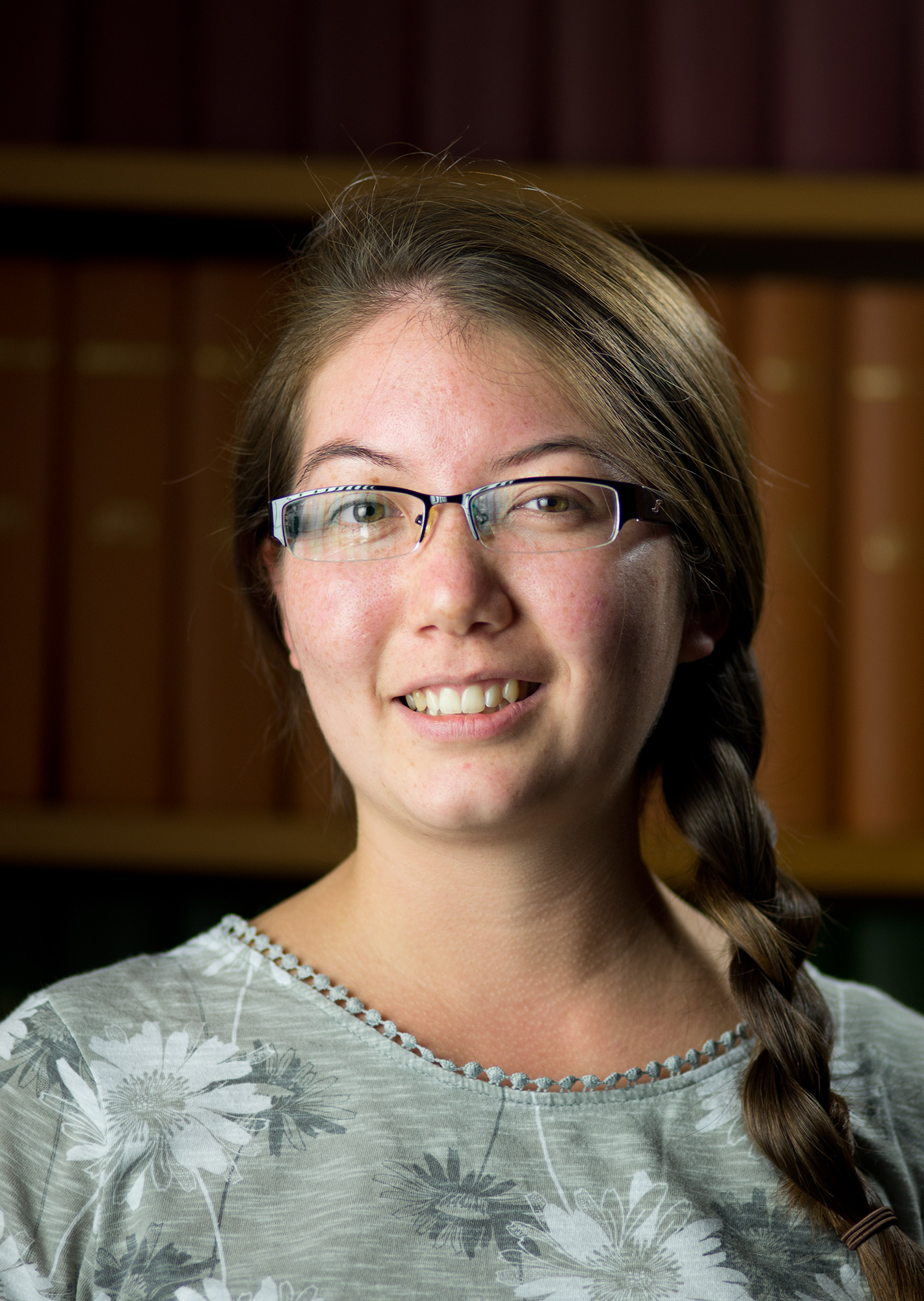
Our congratulations go to Unit D.Phil. student Naomi Berry for successfully defending her doctoral thesis, entitled “Anatomical and physiological connectivity of the basal ganglia-thalamocortical motor circuit”, in her viva voce examination on 4th March 2021.
Naomi’s viva examiners were Professor Gordon Arbuthnott (Okinawa Institute of Science and Technology, Japan) and Professor Colin Akerman (Department of Pharmacology, University of Oxford). The viva took place remotely via digital conferencing.
Naomi was supervised by Associate Professor Andrew Sharott (MRC BNDU) and Associate Professor Anna Mitchell (Experimental Psychology).

The Unit held its sixth annual Training & Careers Development Event on Thursday 21st January.
Professor Peter Magill, Unit Interim Director, started the Event by highlighting the resources and other careers support made available to the Unit by its host the Nuffield Department of Clinical Neurosciences. This was followed by an engaging and informative presentation on ‘personal effectiveness’ by Hannah Ravenswood from the University’s People and Organisational Development team.
In the first of two subsequent break-out workshops, Professor Andrew King, Department of Physiology, Anatomy & Genetics, gave some well-received advice on writing research grant applications, which was then followed by mock grant review panels at which the Unit’s early-career researchers explored what makes for good and bad applications (using as case studies the proposals authored by their senior colleagues!). In the second workshop, Rachel Bray of the University’s Careers Service led an interactive discussion of the ‘what and how’ of careers beyond academia. Group Leader Tim Denison, and former Unit members Dr John Huxter (now at Transpharmation Ltd.) and Dr Emilie Syed (now at Oxford University Innovation), also shared insights into their own career journeys from academia to industry and technology transfer.
The Event was delivered via digital conferencing, and was followed by informal chat and catch-ups in the Unit’s own Wonder Room.
Professor Charlie Stagg, Chair of the Unit’s Training & Career Development Committee, commented “Training and wider career support remain a priority for the Unit. Many thanks to our guest speakers for raising awareness about some of the challenges and successes of personalised career development. We are well placed to make the most of the opportunities that lie ahead.”
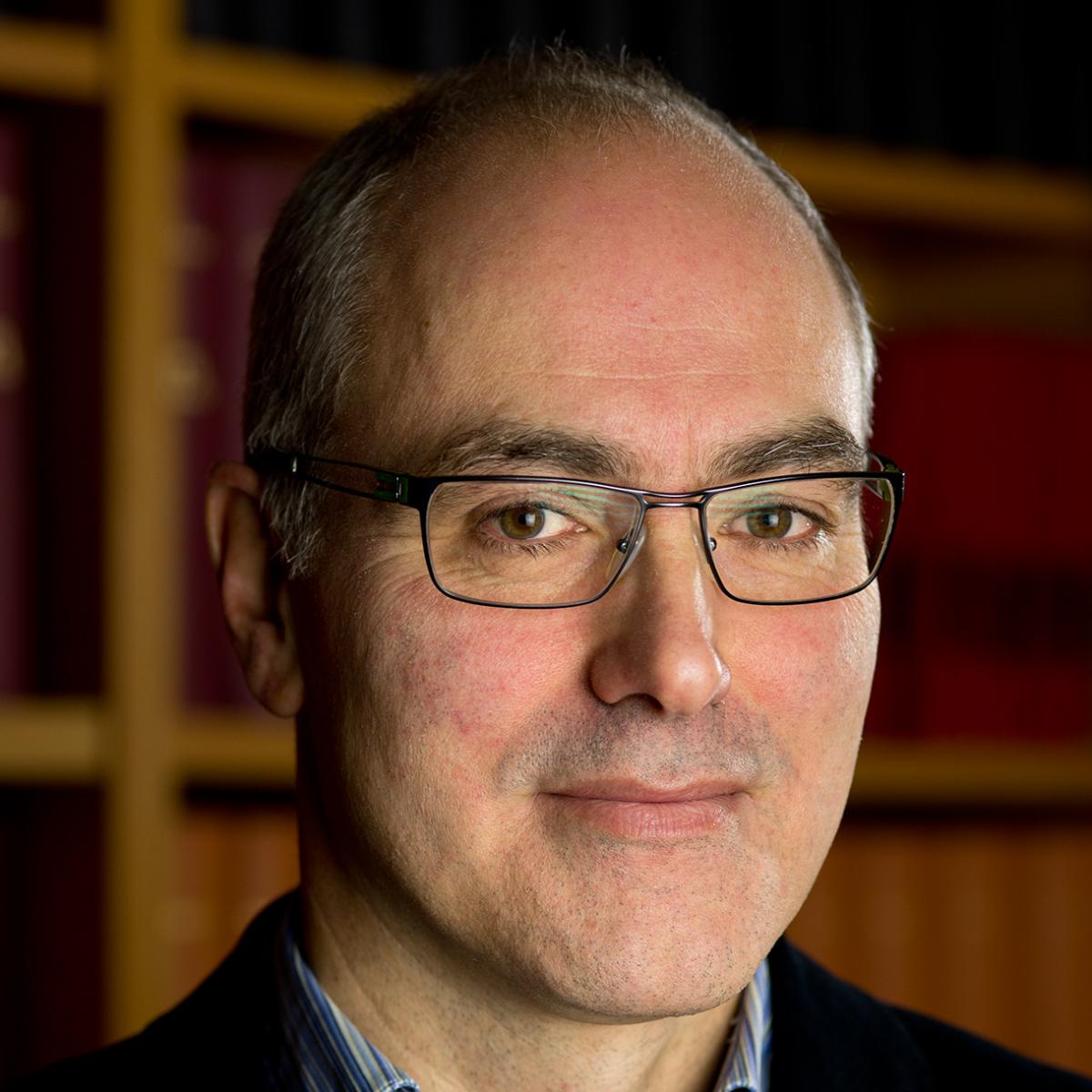
This month sees the retirement of Professor Peter Brown as Director of the Medical Research Council Brain Network Dynamics Unit at the University of Oxford. Professor Brown has led an MRC-funded research team for over 25 years. He established that synchronised rhythms amongst nerve cells in the basal ganglia of the brains of people with Parkinson’s are linked to symptoms of stiffness and slowness, and successfully pioneered therapeutic interventions that leverage this phenomenon. In 2015, he became the founding Director of the MRC Brain Network Dynamics Unit, and has since overseen the growth of the Unit into one of the leading international research centres exploring neuronal dynamics in health and disease.
Deputy Director Professor Peter Magill will become Interim Director, succeeding Professor Brown to ensure the Unit’s continued success.
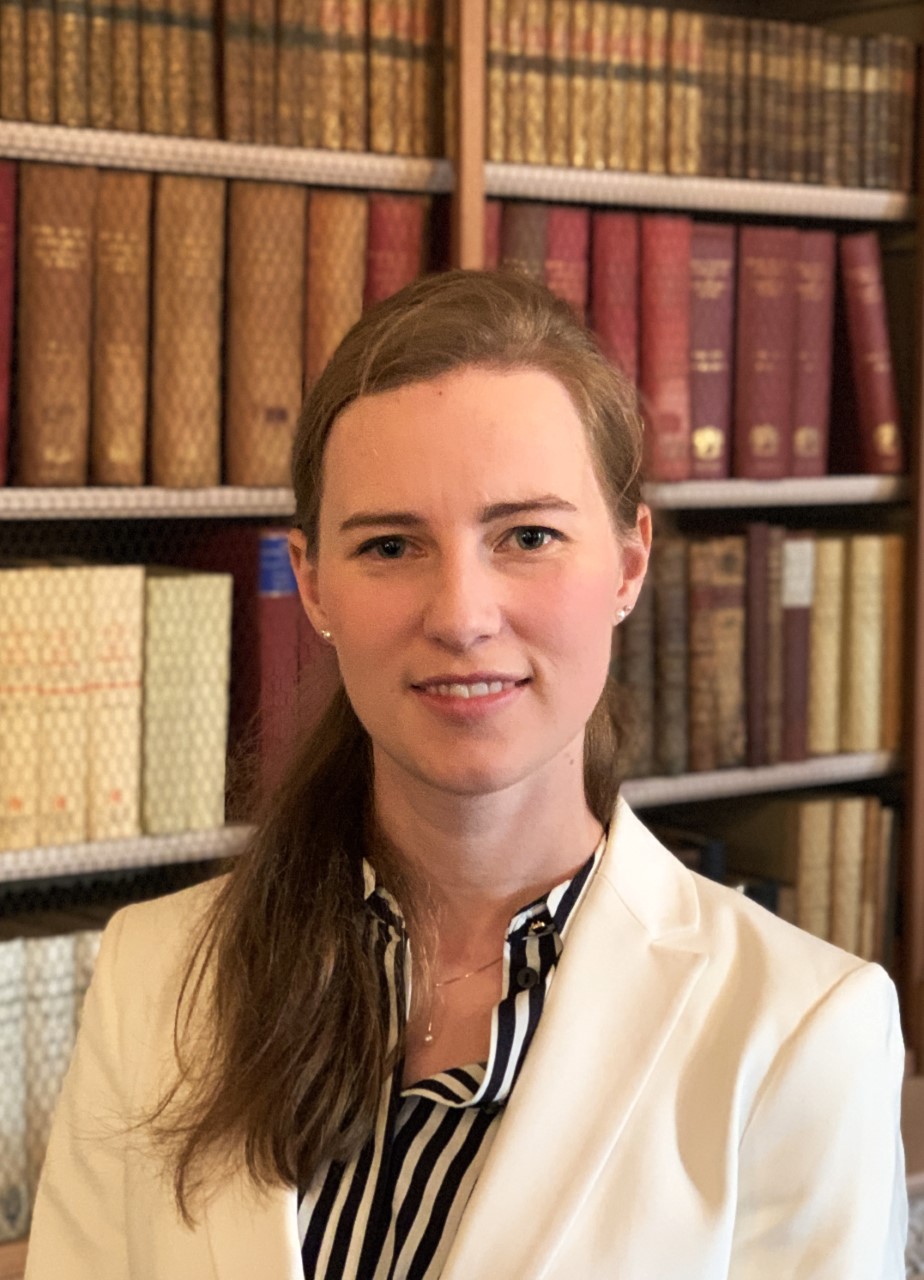
We are pleased to welcome Demi Brizee to the Dupret Group for a period of advanced research as part of her BBSRC Interdisciplinary Bioscience Doctoral Training Programme at the University of Oxford.
Demi studied Neuroscience and Medicine at the Erasmus University Rotterdam in the Netherlands, where she completed her M.Res. in Neuroscience with Prof Steven Kushner. There, Demi studied the myelination of GABAergic interneurons and its dynamics in both human and rodent neocortex. Her studies combined in vivo manipulation of neuronal activity, advanced confocal and super-resolution microscopy, and 3D single-cell reconstruction techniques.
During Demi’s time in the Unit, she will work with Prof. Dupret to learn about mouse hippocampal network physiology using multichannel extracellular recording techniques during sleep and memory-guided behaviour.
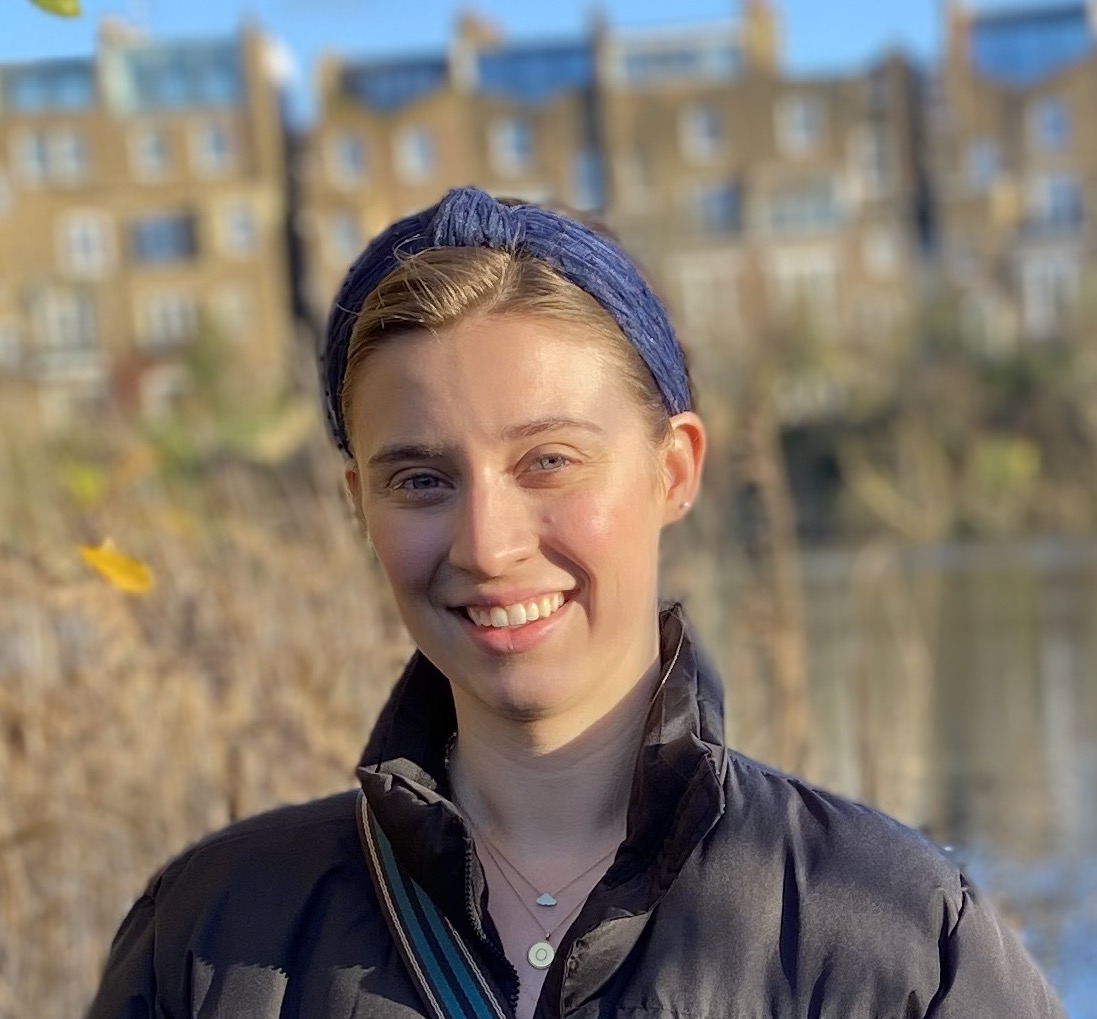
We are pleased to welcome Olivia McGinnis to the Unit as a visiting student.
Olivia is currently pursuing her D.Phil. in Neuroscience at Oxford on a Rhodes/Clarendon Scholarship. Olivia joins the Dupret Group for spring 2021, where she will investigate hippocampal neuronal dynamics during memory task in mice under the supervision of Dr. Helen Barron.
Olivia studied Neuroscience at Harvard University, where she completed her undergraduate thesis research with Dr. Florian Engert in 2020. There, Olivia performed detailed kinematic analyses of larval zebrafish to understand algorithms implemented during goal-directed behaviours, specifically decision-making during escapes in the presence of obstacles. Her previous studies combined two-photon interrogation of a neural circuit with behavioural assays. Working with Helen in the Unit, Olivia will now learn hippocampal network physiology using a combination of in vivo multichannel extracellular recordings and calcium imaging in mice.